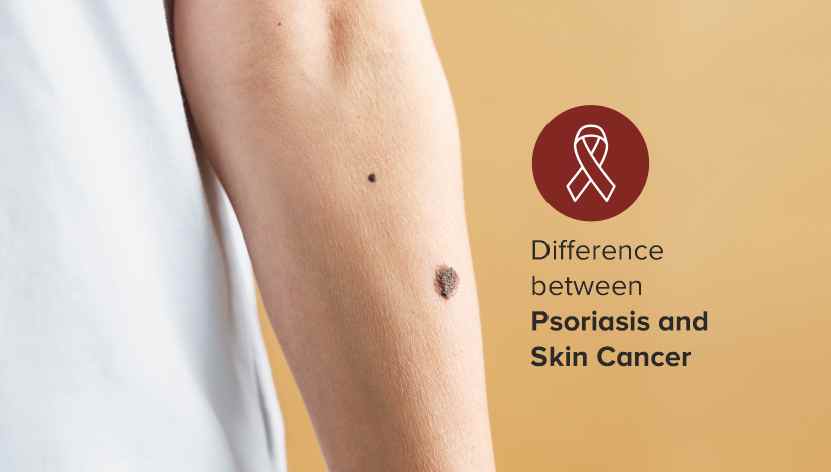In the realm of skin conditions, psoriasis and skin cancer are both prevalent concerns that affect a significant portion of the population. While they may share some superficial similarities, such as changes in the skin’s appearance, it’s crucial to understand that they are fundamentally different diseases with their unique causes, symptoms, and treatments. Distinguishing between psoriasis and skin cancer is essential for effective management and treatment.
